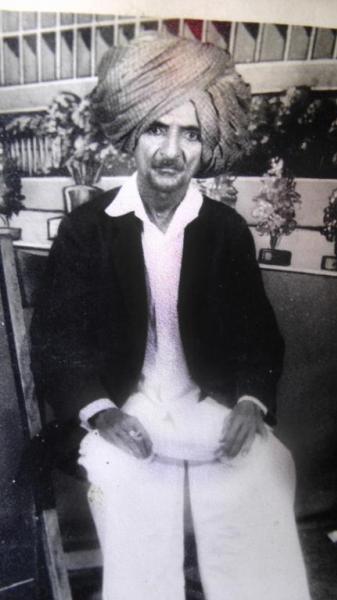- Nov 23 Nov, 2016
Around 40 kms from the bustling city of the sugar lords, Kolhapur, sits the small town of Miraj. On the border between the two towns lies a house which has been the abode of the most legendary Sitar makers in India for over a century. When asked what their last name is, they proudly say “Satarmaker”.
Imtiaz Abdul Majid Satarmaker has been a successful luthier for over 20 years now and was born into a family who made these instruments for over 7 generations. His father now only looks over the business and hopes that his son will make him proud.
Domestic sales for Indian instruments have drastically dropped in the last few years. This has driven a select few of these artisans into some rather lucrative businesses. Many of these artisans have now reverted to their ancestral professions like Agriculture, Carpentry and other odd jobs. Imtiaz and his brothers considered doing the same for quite a few years and made an attempt at agriculture which has now become a second priority for him.
While walking through his farm, which is spread over a few hundred feet in radius, Imtiaz explains to us how the family flourished under the patronage of the resident monarch hundreds of years ago. As competition grew, the family fell apart. One family of luthiers was now split into many smaller sects of siblings, parent-child groups that tried to surpass one another in quality and business. He maintains that the “pure” quality instruments remain with his side of the family.
Imtiaz’s great grandfather and his father, Nabi Sahab, belonged to a family called Shikalkar who finally came to be known as Sitarmaker during the pre independence era. Imtiaz began his career as a luthier with another Sitar maker where he was a mere day labourer and would sculpt the bodies of the instruments. Now, with the patronage of some Sitar players, he has been able to make a team of his own day labourers who work under him. Having worked for so long, he recalls that he learned all the techniques with great difficulty.
Imtiaz walks us through the Sitar making process.
“For a good Sitar to be made, it takes between ten and fifteen days. Also since the work is manual, it may take even 17 days. The instrument must sound good but also must be aesthetically beautiful for the player to enjoy its beauty.”
He further adds that, “We try to give our best to customers. We, continuously want to keep making improvements to our instruments. Here we have been guided by many industry stalwarts as to how we can bring innovation to our instruments.”
Not limited to Sitars, Imtiaz has now taken a leap into making some other string instruments like Surbahar, santoor and sarangi. He argues, the basic technique is the same, only the wood work changes.
In February of 2016, Imtiaz and his brother, Zuber were invited to Make in India Week in Mumbai where they met Chief Minister Devendra Fadnavis and Udhhav Thackeray.











